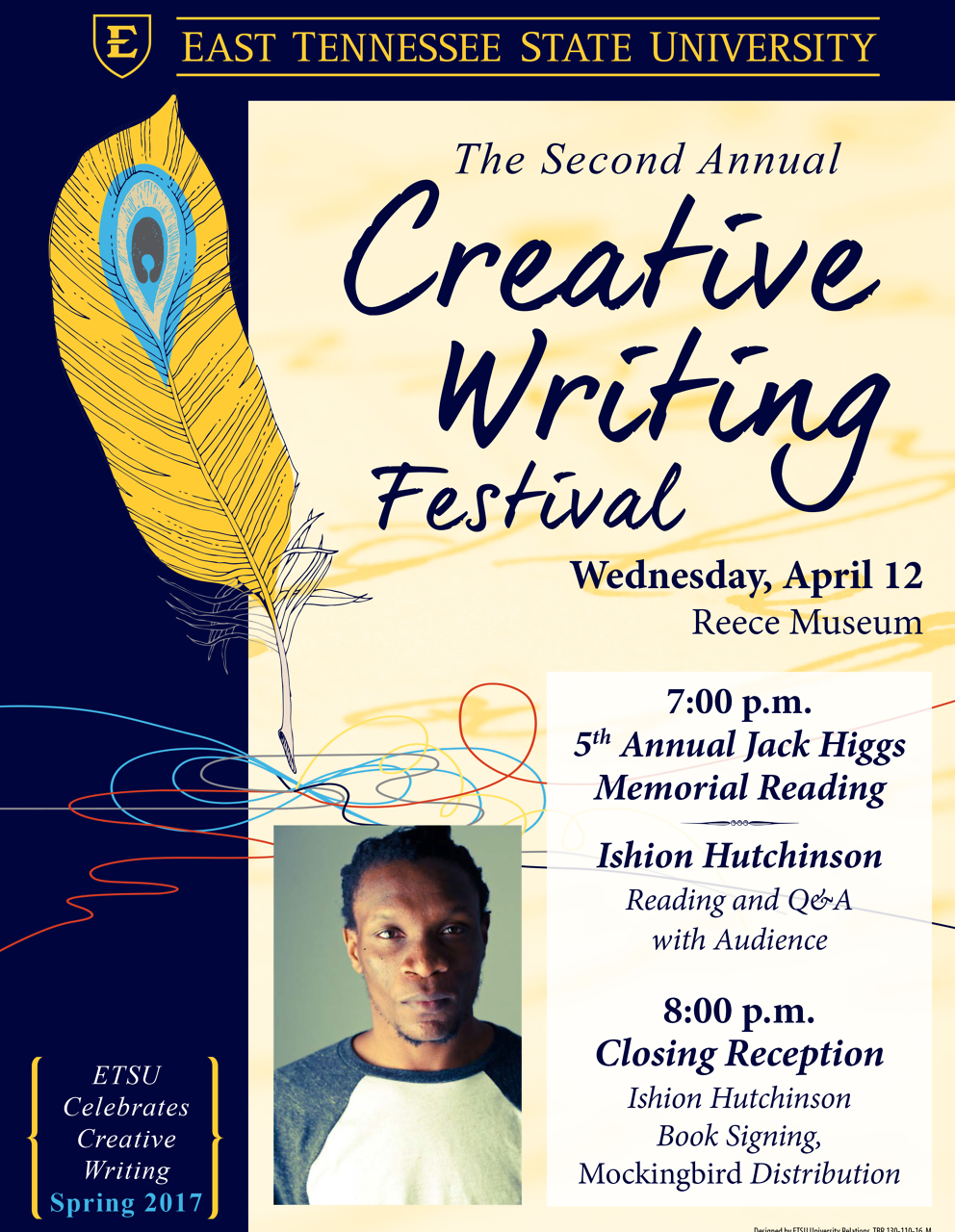“We’re Loud and We’re Boisterous”
The new Center for Southern Literary Arts brings Tayari Jones to Memphis
When Tayari Jones appears in Memphis on February 27 to talk about her new novel, An American Marriage, she will take the stage not only as a guest artist but also as a board member for the city’s new Center for Southern Literary Arts. The acclaimed novelist’s path to that role began with a connection she made fifteen years ago.
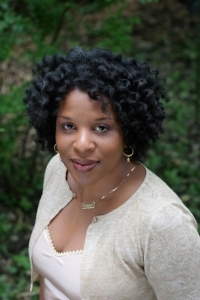
Back then, Memphis writer Jamey Hatley was a fan of Jones’s work. Then Jones became a fan of Hatley’s. And Hatley is a cofounder of the C.S.L.A.
In an interview, Jones, author of the novels Leaving Atlanta and Silver Sparrow, described An American Marriage as “the story of the way a very young marriage is impacted by wrongful incarceration. … One of the things I thought about while working on it is, as my heroine says, ‘You can never really un-love someone.’” The novel was recently named an Oprah’s Book Club selection. In making the announcement, Oprah Winfrey said it “redefines the traditional American love story.”
Tayari Jones and Jamey Hatley met in 2002 when Jones was signing her debut novel at the old Davis-Kidd bookstore in Memphis. Hatley hung around at the end of the line, landing by chance in a picture with the visiting novelist and one of her friends. “I thought they were [there] together, but my friend always looked confused when I mentioned Jamey,” Jones said of the photo. The picture and the meeting stayed with her, and Jones subsequently read a short story by Hatley in the Oxford American. She “was so impressed,” she recommended Hatley for the prestigious Bread Loaf Writers’ Conference.
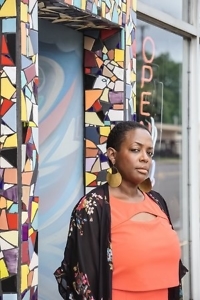
Jones is currently on a creative-writing fellowship at the University of Nevada in Las Vegas and will afterward return to teaching in the M.F.A. program at Rutgers University. But she’s a native of Atlanta, and as a Southerner she feels she’s a natural ambassador for Memphis’s C.S.L.A.: “People tend to associate the South with the past,” she said, but “Southern literature is a living, modern movement.”
Still in its 2017-18 inaugural year, the C.S.L.A. has offered programs that include an “interdisciplinary dinner” with a chef, a visual artist, and the poet Derrick Harriell; and a reading by poets Marcus Wicker and Morgan Parker. Jones’s appearance will be followed in March by a talk with New York Times investigative reporter Nikole Hannah-Jones, a 2017 recipient of a MacArthur Foundation “genius” award. In June, the C.S.L.A. will organize a day-long book fair, taking over the Mid-South Book Festival formerly run by Literacy Mid-South.
C.S.L.A. directors say they want to fire up the literary community in Memphis. “People have an idea of what a literary event is, and it’s important for us to reframe that,” Hatley said. “I was at a poetry reading where a woman was overwhelmed; she was like, ‘Why is it so quiet?’ And ours are not. We’re loud and we’re boisterous.”
Along with Hatley, Molly Rose Quinn and Zandria Robinson are cofounders of C.S.L.A. All three women are writers, and each has a story about leaving Memphis for college or universities before returning and feeling there was an empty place in Memphis where a vital literary community should be.
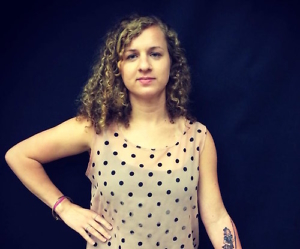
Hatley earned her M.F.A. at Louisiana State University and lived in Louisiana for a decade before moving home because her parents needed support. With grants from the National Endowment for the Arts and the Rona Jaffe Foundation, she has been writing a novel that begins in 1968 Memphis when twins are born in the last hours of Martin Luther King Jr.’s life. She wanted to connect with other Memphis writers and contacted Zandria Robinson on Twitter to get a copy of her book, This Ain’t Chicago: Race, Class, and Regional Identity in the Post-Soul South.
Robinson, an assistant professor of sociology at Rhodes College, earned her Ph.D. at Northwestern University in Chicago. The title of her book derives from the frequent reminder she got when she interviewed African Americans in her hometown: “I hope you know this ain’t Chicago….”
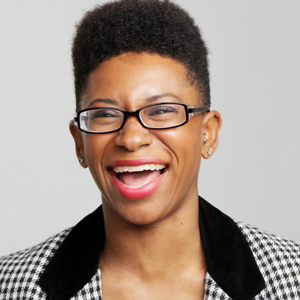
Quinn left Memphis after high school, earning her M.F.A. in poetry from Sarah Lawrence College and staying on in New York afterward. There she organized public literature and arts programs, working for three years as director of programming for the Housing Works Bookstore Café. To keep in touch with her hometown, she sought out Memphis writers on the Internet, including Hatley and Robinson.
When the three first began talking, they viewed the city’s literary community as “imperiled.” Memphis’s largest independent book store, The Booksellers at Laurelwood, was closing—it has since been replaced by Novel—and the Mid-South Book Festival, last held in 2016, was on indefinite hiatus.
“When I was a girl, I would look in the paper, and my mama would drive me to whatever bookstore [had an author appearing], and that’s how I met ninety percent of the writers that I met in real life,” Hatley said. “I was really struck when I returned. How would a Jamey have access now?”
In New Orleans, she said, “I would go to things on the campuses. There were so many reading series at bars.” In Memphis, “I was like, there’s a reading and there’s no wine? What is happening?” Though Memphis universities and colleges do host author events that are open to the public, Hatley said, “We’re still not divorced from the legacy of segregation and what spaces people feel like they can enter.”
C.S.L.A. wants to offer events “where lots of people feel comfortable,” Robinson said. “We say all the time that not everybody is literate, but everybody is literary.”
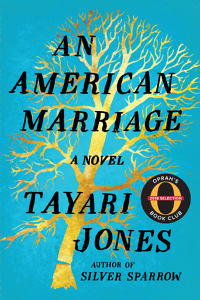 The group’s offerings will alternate between free and ticketed events, and the center’s cofounders plan to raise money through grants and donations. “And we’ll continue to do that forever,” Quinn said. “We’re never going to be linked to a university; we’re never going to be linked to a single other foundation. We’ll always be independent.”
The group’s offerings will alternate between free and ticketed events, and the center’s cofounders plan to raise money through grants and donations. “And we’ll continue to do that forever,” Quinn said. “We’re never going to be linked to a university; we’re never going to be linked to a single other foundation. We’ll always be independent.”
But they will collaborate. For the Nikole Hannah-Jones appearance, they are working with MLK50: Justice Through Journalism, part of the National Civil Rights Museum’s yearlong initiative to mark the fiftieth anniversary of King’s assassination in Memphis.
And they’ll get help from Literacy Mid-South for the June literary festival. They hope to expand the event’s local base, connecting, for instance, to the story-telling slam Spillit, Hatley said, as well as writers in the regional, speculative fiction, romance and self-published communities.
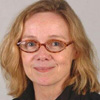
Peggy Burch was books editor at The Commercial Appeal in Memphis for ten years, and she also worked as a deputy metro editor and Arts & Entertainment editor for the newspaper. She is a graduate of the Newhouse School of Public Communications at Syracuse University and holds a master’s degree in English literature from the University of Mississippi.

